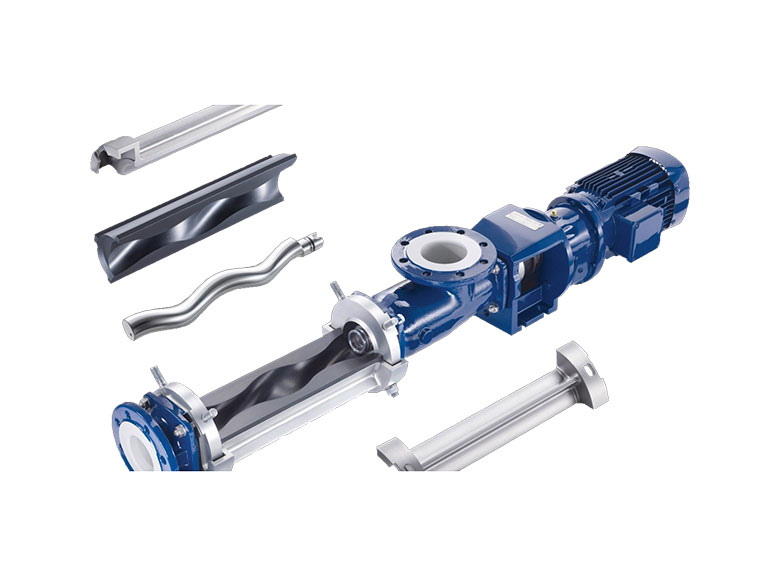Screw pumps are widely recognized for their ability to handle various fluids, including viscous and abrasive substances, making them a popular choice in many industries. However, selecting the right screw pump for a specific application requires careful consideration of several factors. This article aims to outline the key considerations involved in the selection process, ensuring optimal performance, efficiency, and reliability of screw pumps.

Viscosity and Fluid Characteristics:
One of the primary factors to consider when selecting a screw pump is the viscosity and characteristics of the fluid being pumped. Different screw pump designs and configurations are better suited for specific viscosity ranges. For instance, single-screw pumps are suitable for low to medium viscosity fluids, while twin-screw pumps excel in handling higher viscosity and non-lubricating fluids. Understanding the fluid properties, such as viscosity, abrasiveness, corrosiveness, and temperature, is crucial for selecting the appropriate screw pump.
Flow Rate and Pressure Requirements:
The desired flow rate and pressure requirements of the application play a vital role in screw pump selection. It is essential to determine the required flow capacity and pressure head to ensure the pump can meet the system demands. Factors such as pump speed, screw geometry, and pump size influence the flow rate and pressure capabilities of screw pumps. Properly matching the pump’s performance characteristics to the application’s requirements ensures efficient and reliable operation.
Operational Efficiency and Energy Consumption:
Efficiency and energy consumption are significant considerations when selecting a screw pump. It is important to assess the pump’s overall efficiency, which includes its volumetric efficiency and mechanical efficiency. Look for pumps that minimize internal leakage, optimize sealing mechanisms, and offer efficient fluid transfer. Additionally, consider the pump’s power requirements and evaluate energy consumption to ensure long-term cost-effectiveness and sustainability.
Material Compatibility and Durability:
Screw pumps come in various materials, and it is crucial to select a pump that is compatible with the fluid being pumped. Consider the fluid’s corrosive properties and select a pump constructed from materials that can withstand the specific chemicals or substances. Additionally, assess the pump’s durability and resistance to wear and abrasion, especially when dealing with abrasive fluids. Choosing a pump with robust construction and appropriate material selection ensures a longer lifespan and reduced maintenance requirements.
System Integration and Control:
When selecting a screw pump, it is important to consider how well it integrates into the existing system or process. Evaluate factors such as available space, mounting options, and ease of installation. Additionally, consider the pump’s control options, such as speed control, flow modulation, and monitoring capabilities. Compatibility with automation systems or the ability to interface with control devices can enhance system efficiency and provide valuable insights for maintenance and troubleshooting.
Conclusion:
Choosing the right screw pump requires a thorough evaluation of several critical factors. Considering the fluid characteristics, flow rate and pressure requirements, operational efficiency, material compatibility, and system integration ensures optimal pump selection. By selecting the most suitable screw pump for a specific application, industries can achieve reliable fluid transfer, improved productivity, reduced maintenance costs, and enhanced system performance.
